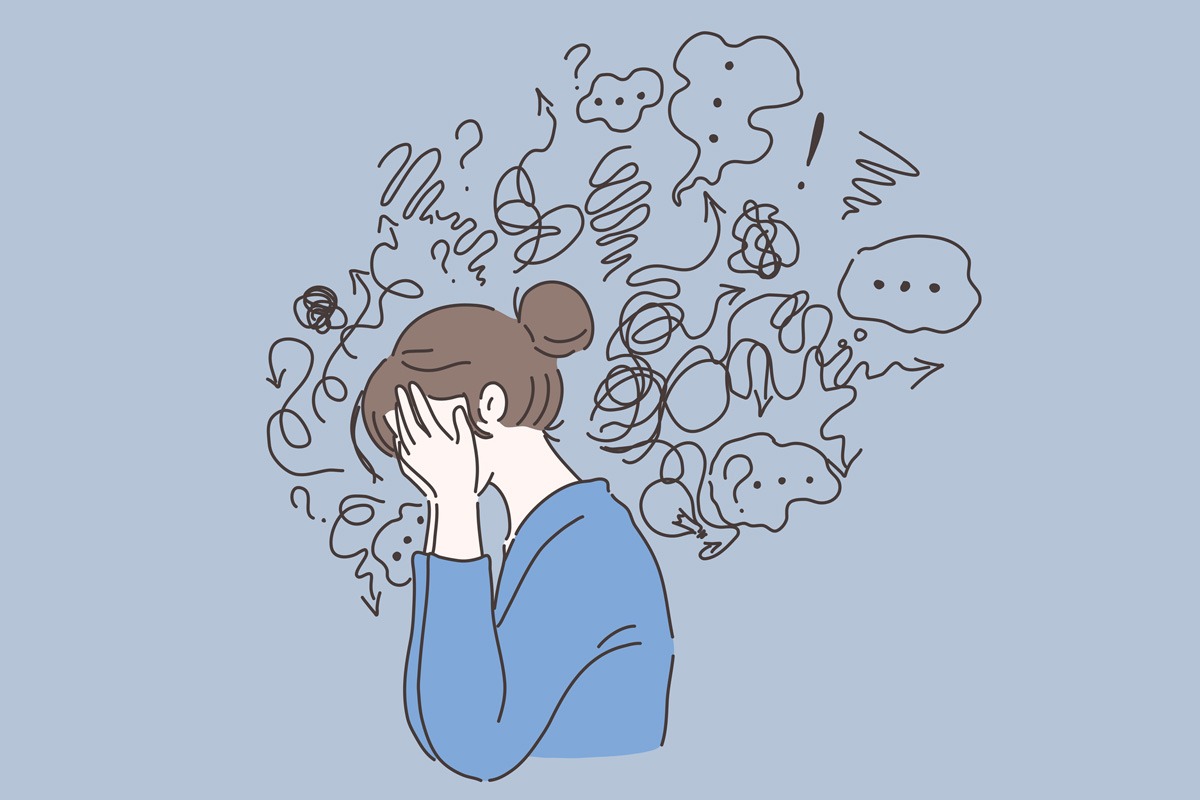Qualified counselors know how to recognize the signs and symptoms of conditions in others. But, how well can they deal with diagnosing themselves?
While self-diagnosis may be hard, so too is self-care. This article explores the difficulties of self-diagnosis and how counselors can care for themselves.
What is Self-Diagnosis?
When a person diagnoses themself, they assume they know all the nuances of the diagnosis. A danger of doing this is that the individual misdiagnoses or does not see the condition clearly.
Also, two or more conditions may present the same symptoms. There is the risk of being completely wrong about a condition or illness. This can lead someone to neglect the true problem, causing more harm than good.
When Counselors Self-Diagnose
Counselors often encounter clients who self-diagnose. These clients might be following misguided assumptions and the counselor helps them see things more clearly. So, it is particularly interesting when counselors self-diagnose because they are the ones who are educated and informed about mental health. The feelings they have could actually be accurate. However, some in the psychology field say this awareness is just the beginning of further self-examination and care.
It is not easy for people to see themselves objectively. As in many cases, it helps to get a second opinion. This goes for counselors, too. Counseling professionals recommend that counselors themselves receive therapy to maintain their health and well-being. Counselors’ own therapeutic work not only provides personal benefits, but could strengthen their relationships with clients.
Practicing What They Preach – The Value of Self-Care
Counselors often extol the values of self-care, but find it difficult to put it into practice themselves. Managing professional and personal obligations is challenging, but this does not mean counselors should not ignore their own needs.
Counseling work can take a heavy toll on a counselor. While helping people confront their struggles, they may be neglecting their own. Meeting with people at perhaps the toughest times in their lives can affect counselors profoundly.
Sometimes, counselors are so focused on helping others that they do not properly care for themselves. They might feel that their knowledge of mental health issues and training means they are immune to burnout. But, like medical professionals and teachers, counselors are at high risk of burnout.
Therefore, counselors need to seriously consider how their professional life is affecting their personal life. Having realistic work expectations begins the journey to self-care, which includes:
- maintaining professional boundaries
- seeking support from colleagues
- separating work from home
- participating in favorite hobbies and activities
- taking regular breaks and vacations
Peer support is also important. This not only includes work colleagues, but participation in professional organizations.
Counselors who neglect their needs risk hurting themselves and the people they treat. They cannot effectively support clients because they are not caring for their own mental, physical, and spiritual needs. Self-reflection is key to having a healthy personal and professional life.
Learn to Properly Assess Mental Health Conditions
Self-understanding helps counselors and other professionals in psychology evaluate their own needs. In effect, they can better meet the needs of clients. Carlow University’s MS in Professional Counseling: Clinical Mental Health Counseling offers coursework that examines approaches to making assessments and evaluations.


